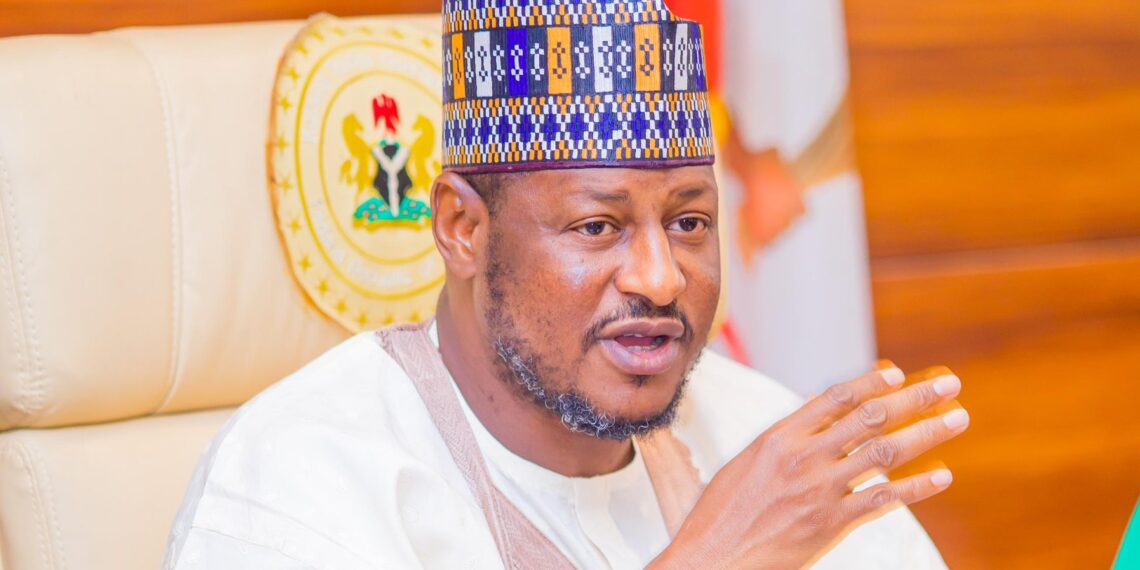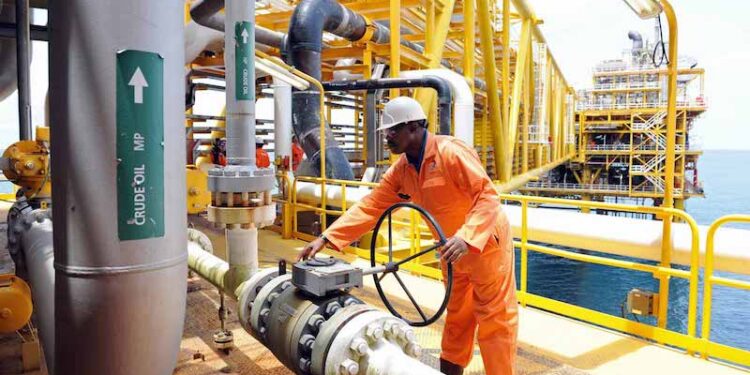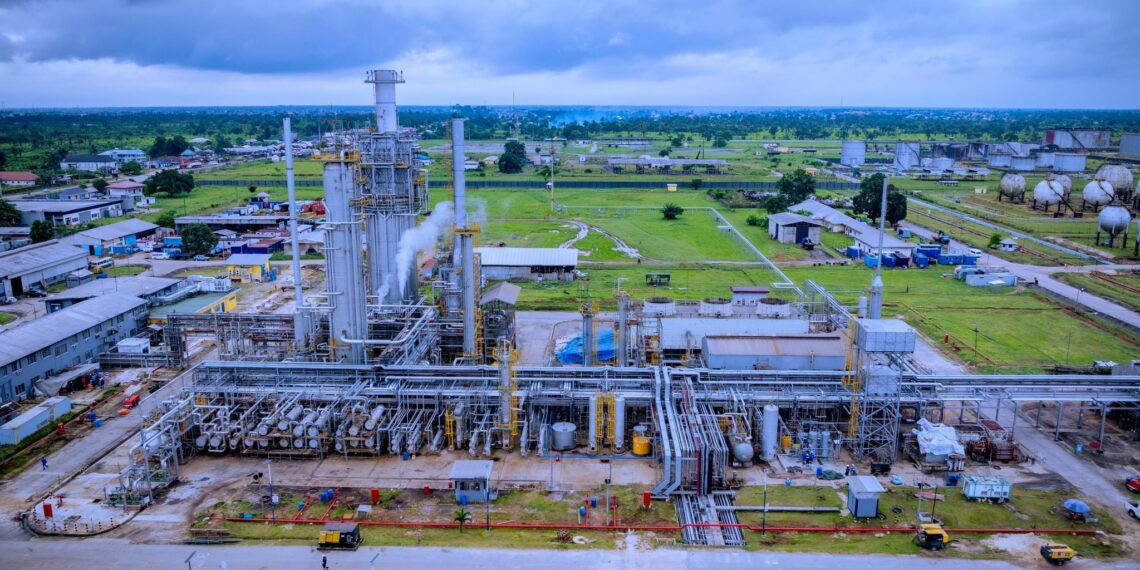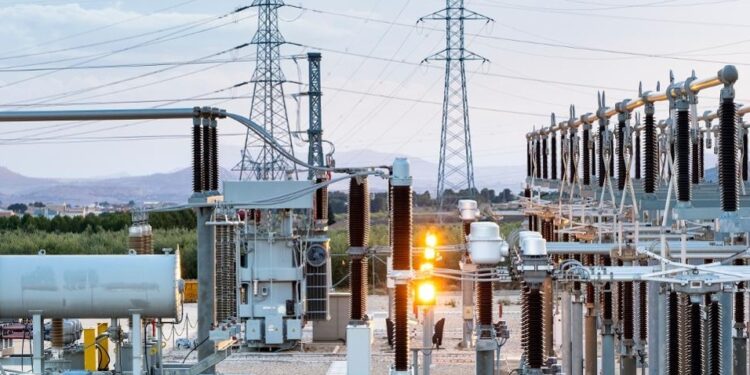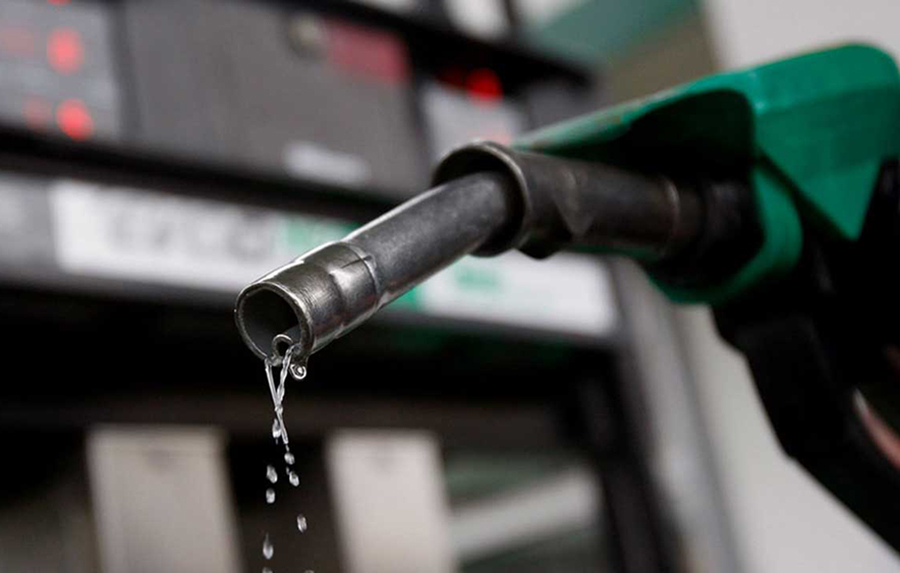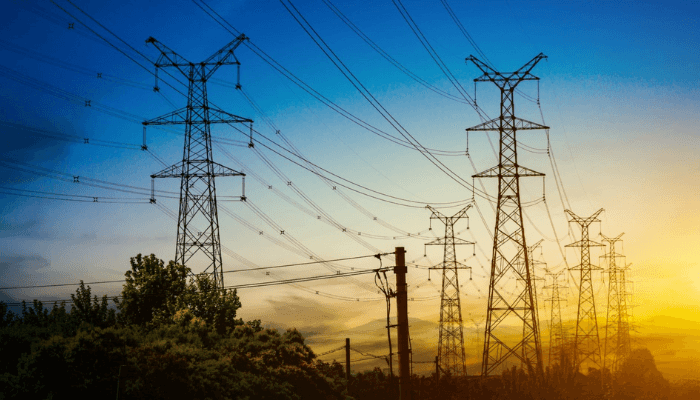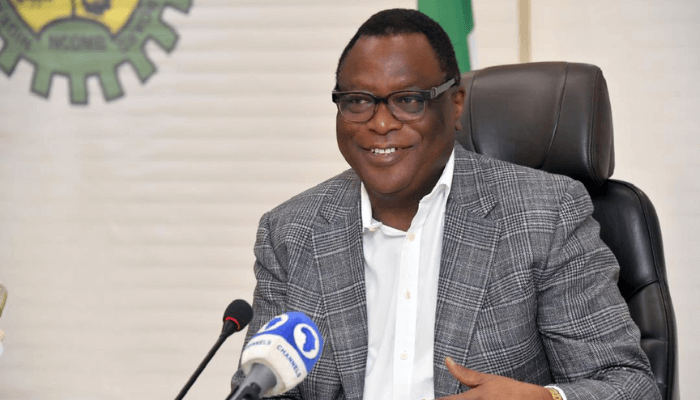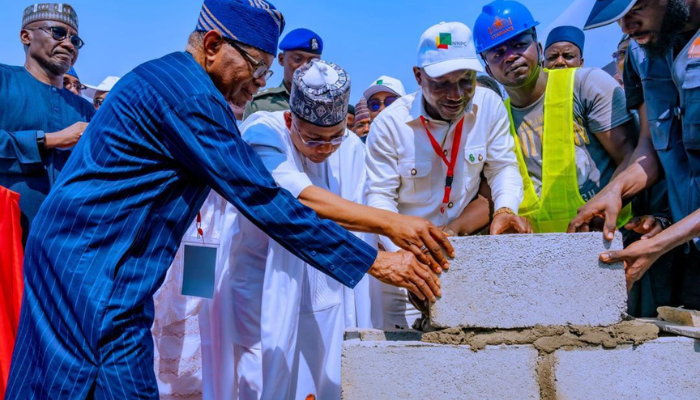The Katsina State Government has spent a total of N3.8 billion on various electricity-related infrastructure projects, with a major focus on renewable energy, particularly solar power, across the state.
This was disclosed by Malam Faruq Lawal-Jobe, the Deputy Governor of Katsina State, while speaking to journalists in Katsina on the achievements of Governor Dikko Umaru Radda’s administration in the energy and infrastructure sectors, News Agency of Nigeria (NAN) reports.
Lawal-Jobe noted that one of the major projects under the renewable energy initiative is the deployment of solar mini-grids to critical government institutions, including the General Hospital Katsina, the Government House, and the State Secretariat Complex, at a combined cost of N3.8 billion.
“In an effort to provide a sustainable power solution to critical facilities of government, viable mini-grid solar-powered projects are ongoing at General Hospital Katsina, Government House, and the State Secretariat Complex at the cost of N3.8 billion,” he said.
Street Lighting and Urban Electrification
The Deputy Governor further disclosed that the administration has invested significantly in solar street lighting projects to enhance security and public infrastructure. These include the installation of 74 kilometers of solar street lights within Katsina metropolis and an additional 11 kilometers from Al-Qalam University Roundabout to Darma Rice Mill.
He added that the government is also rehabilitating and expanding the conventional power grid infrastructure in various communities across the state. These efforts include:
Supply and installation of new transformers
Laying of electric cables and routine maintenance
Change of power supply routes in areas such as Yan Albasa, Eka, and Kadandani to Kuraye, covering 17 kilometers, aimed at restoring electricity in Charanchi Local Government Area
Security and Restoration Projects
To enhance public safety, the state has also constructed a Japarana Concrete Technology structure for protecting security lighting systems within the Median Strips of Ring Road Phase I ‘A’ and ‘B’ in Katsina metropolis.
The government has also undertaken the repairs of vandalized high-tension lines, particularly along the eight-kilometer stretch from Iyatawa to Remawa, restoring power supply to Iyatawa ward in Rimi Local Government Area.
Lawal-Jobe announced that the government has awarded a contract for the digital mapping of power lines and GPS-based tracking of all line materials and transformers procured under the administration.
In addition, the government has replaced 33KV breakers and accessories at Umaru Musa Yar’adua University, enabling full restoration of power to the tertiary institution.
The Deputy Governor affirmed that Governor Radda’s administration is deeply committed to expanding access to electricity, especially in rural communities, to boost economic activities, improve security, and elevate the standard of living for residents of the state.


